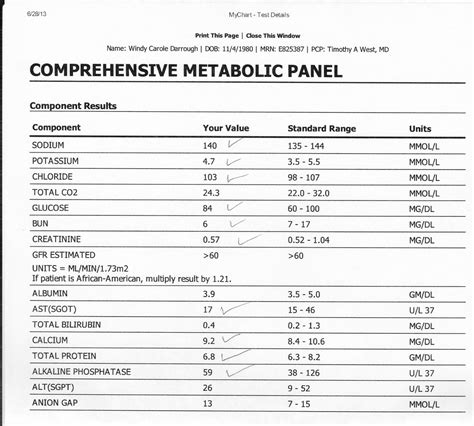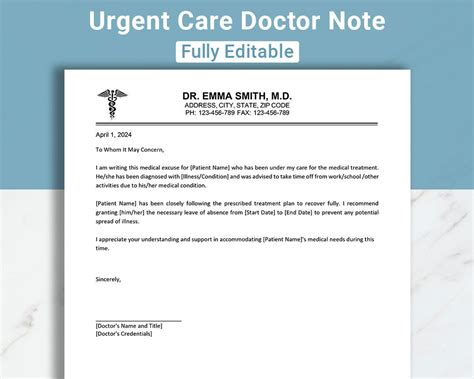10 Covid 19 Tips To Stay Safe

As the world continues to navigate the challenges posed by Covid-19, prioritizing safety and health has become more crucial than ever. The virus, known for its highly contagious nature and potential to cause severe respiratory illness, demands a proactive and informed approach to mitigation. Here are 10 essential tips to help individuals stay safe and reduce the risk of infection:
Wear Masks Correctly: Masks are one of the most effective barriers against Covid-19. It’s crucial to wear them correctly, covering both the nose and mouth, and to choose masks that fit snugly and have multiple layers of fabric. Remember, the effectiveness of a mask greatly depends on how well it seals to the face.
Maintain Social Distancing: Keeping a safe distance from others, especially in crowded areas or public places, can significantly reduce the chance of coming into contact with the virus. Aim for at least 6 feet of distance between you and others. This simple act can be a powerful tool in preventing the spread of Covid-19.
Practice Good Hygiene: Washing your hands frequently with soap and water for at least 20 seconds is paramount. If soap and water are not available, use a hand sanitizer that contains at least 60% alcohol. Pay special attention to the areas between your fingers, under your nails, and the backs of your hands.
Stay Home if Sick: If you’re feeling unwell, it’s vital to stay home and avoid contact with others. This not only helps prevent the spread of the virus to others but also allows you to rest and recover, which is crucial for your immune system.
Enhance Ventilation: Improving ventilation in your home and workspace can help reduce the concentration of viral particles in the air. Opening windows, using air purifiers, and ensuring good airflow can make a difference in reducing the risk of transmission.
Stay Informed: Keep up to date with the latest information on Covid-19 from reliable sources like the World Health Organization (WHO) and the Centers for Disease Control and Prevention (CDC). Understanding the current situation, new variants, and public health guidelines is key to making informed decisions about your safety.
Get Vaccinated: Vaccination is one of the most effective ways to protect yourself and others from Covid-19. Ensure you are up to date with the recommended doses and boosters. Vaccines not only reduce the risk of severe illness and hospitalization but also play a critical role in controlling the spread of the virus.
Use Technology Wisely: Technology can be a powerful ally in the fight against Covid-19. Utilize apps and tools that help track exposure, provide health advice, and offer mental health support. However, it’s essential to rely on verified sources and avoid misinformation.
Boost Your Immune System: A healthy immune system can better fight off infections, including Covid-19. Focus on a balanced diet rich in fruits, vegetables, and whole grains. Ensure you get enough sleep, stay hydrated, and engage in regular physical activity to keep your immune system strong.
Be Prepared: Have a plan in place for emergencies, including knowing where to get medical care if needed, having a supply of essentials like masks and hand sanitizers, and staying connected with family and friends. Preparation can reduce stress and ensure a more effective response if you or a family member becomes infected.
Additional Considerations
- Mental Health: The psychological impact of living through a pandemic should not be underestimated. Make time for activities that bring you joy, practice mindfulness, and reach out to mental health professionals if you’re struggling.
- Support Vulnerable Groups: Remember that some individuals, such as the elderly and those with underlying health conditions, are at a higher risk. Offering support, whether through volunteering or simply checking in on neighbors, can make a significant difference.
- Stay Flexible: Public health guidelines and recommendations can change rapidly. Stay adaptable and be willing to adjust your strategies as new information becomes available.
Conclusion
Staying safe during the Covid-19 pandemic requires a multifaceted approach that includes personal protective measures, community support, and staying informed. By following these tips and adapting to the evolving situation, individuals can significantly reduce their risk of infection and contribute to the global effort to combat Covid-19. Remember, safety is a collective effort, and every action counts in the fight against this pandemic.
What are the most common symptoms of Covid-19?
+Covid-19 symptoms can range from mild to severe and include fever, cough, fatigue, and shortness of breath. In severe cases, it can cause pneumonia and other complications, especially in vulnerable populations.
How often should I wash my hands?
+Wash your hands frequently, especially after being in public places, before eating, and after blowing your nose, coughing or sneezing. It’s also important to wash your hands after using public transport or being in crowded areas.
Can Covid-19 be treated?
+While there is no specific treatment for Covid-19, symptoms can be managed, and severe cases can be treated with hospital care. Vaccination is the most effective way to prevent infection and reduce the risk of severe illness.



